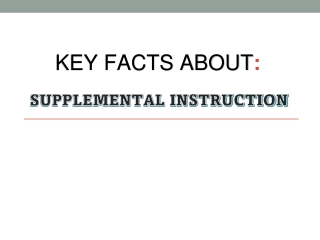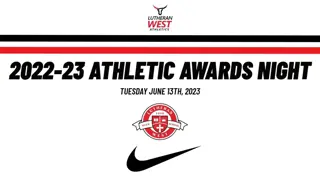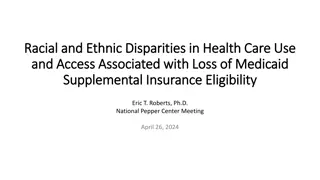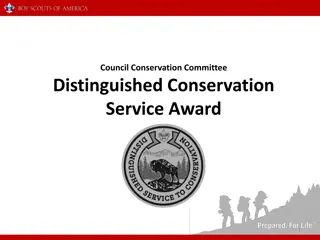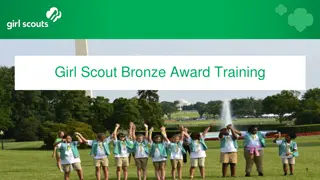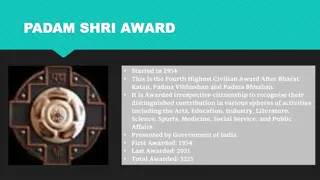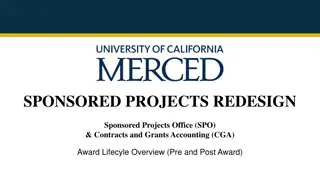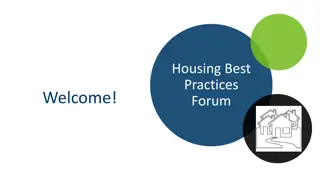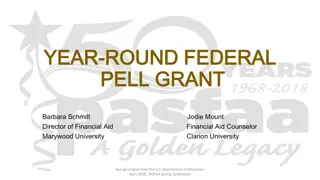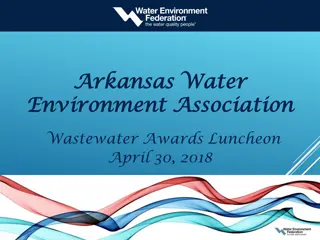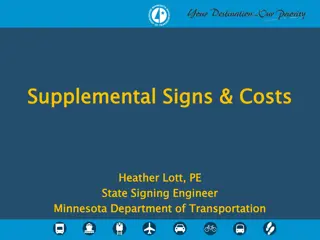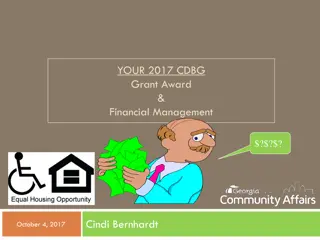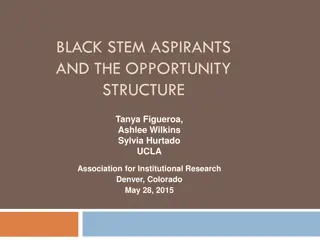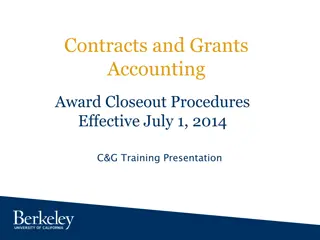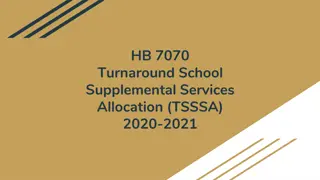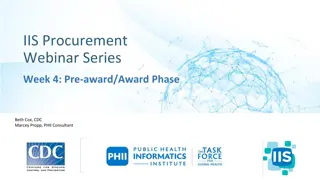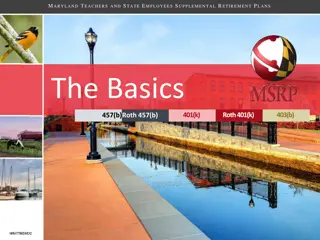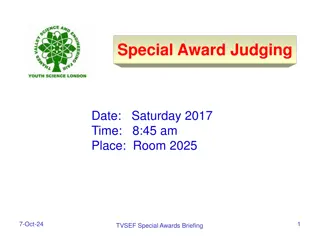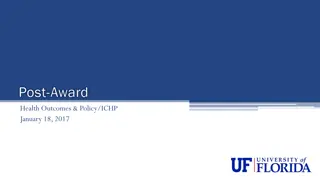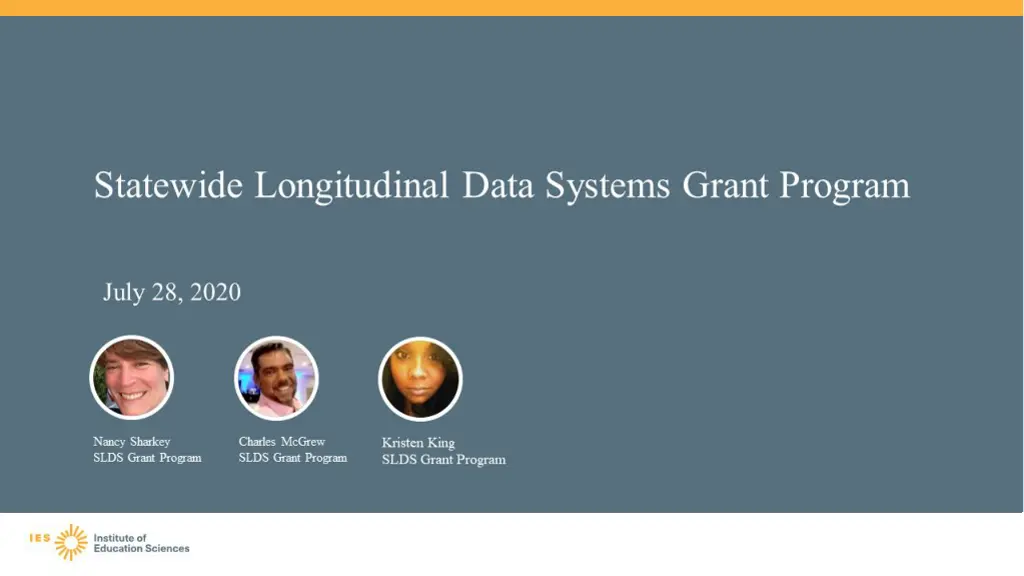
SLDS Supplemental Grant Program Information
Learn about the SLDS Supplemental Award Program for active FY15 and FY19 grantees dealing with challenges during the COVID-19 pandemic. Find out the eligibility criteria, key questions to consider, and details on what to include in your application. Submission details are also provided.
Download Presentation

Please find below an Image/Link to download the presentation.
The content on the website is provided AS IS for your information and personal use only. It may not be sold, licensed, or shared on other websites without obtaining consent from the author. If you encounter any issues during the download, it is possible that the publisher has removed the file from their server.
You are allowed to download the files provided on this website for personal or commercial use, subject to the condition that they are used lawfully. All files are the property of their respective owners.
The content on the website is provided AS IS for your information and personal use only. It may not be sold, licensed, or shared on other websites without obtaining consent from the author.
E N D
Presentation Transcript
Statewide Longitudinal Data Systems Grant Program July 28, 2020 Nancy Sharkey SLDS Grant Program Charles McGrew SLDS Grant Program Kristen King SLDS Grant Program
A recording of this presentation is available at https://youtu.be/0v-fyUfGIw4 3
Who Is Eligible to Apply for the SLDS Supplemental Award? Only active FY15 and FY19 grantees are eligible to apply for the Supplemental Award. This award is intended to support projects dealing with the challenges associated with education and reporting during the COVID-19 pandemic. Additional funds cannot be used to change the scope and objectives of the original project. 4
Questions to Consider Have you developed a new method for conducting work outlined in your original grant proposal and related to your original scope of work? Have you run into unexpected costs performing activities related to the original scope and objectives of your grant because of the COVID-19 situation? Are there activities that would support and enhance your initial program activities as they are adapted during the COVID-19 situation? 5
What to Include in Your Application An abstract describing the proposed additional or altered work A revised budget showing how the additional funds will be used (and, if appropriate, how the original budget needs to be modified) and a description of the activities being supplemented A revised project plan showing how the proposed work would fit into or alter but not replace any of the work in the current project plan A narrative justification demonstrating why the supplement is necessary and helpful in achieving the original goals of the project 6
Submission Details Submissions should be sent via email to Nancy.Sharkey@ed.gov. Submissions will be accepted from August 3 at 12:00:01 a.m. ET to August 17 at 11:59:59 p.m. ET. The National Center for Education Statistics strongly suggests that state education agencies submit their applications at least 2 days prior to the deadline to address any issues. Late submissions will not be accepted. Technical issues experienced on the applicant s side are not an acceptable reason for submitting a late application. Funds will be awarded no later than September 30. 7
Award Information Awards will be made based on a review of all eligible and responsive submissions. Proposals should be capped at $400,000. IES reserves the right to make smaller awards than are requested, or in unusual cases, larger ones. Awards can only be made from the limited funding currently available. Depending on the nature of the work proposed, IRB review may be required for projects that meet the definition of human subjects research. Funded projects will be notified if an IRB is required. You do not have to submit evidence of IRB review with your proposal. States receiving funding will be asked to participate in SLDS webinars designed to share information about the work and findings made possible with these funds. 8
Additional Questions Please contact your program officer with any additional questions. We will create and update an FAQ document on our website. This webinar also will be recorded and available on our website. 10
Contact Information Useful information about the SLDS Grant Program SLDS Communities360, https://slds.ed.gov SLDS Grant Program, http://nces.ed.gov/programs/SLDS IES grant information, http://ies.ed.gov/funding NCES Staff Nancy Sharkey, Program Officer, SLDS Grant Program, Nancy.Sharkey@ed.gov Charles McGrew, Program Officer, SLDS Grant Program, Charles.McGrew@ed.gov Kristen King, Program Officer, SLDS Grant Program, Kristen.King@ed.gov 11

